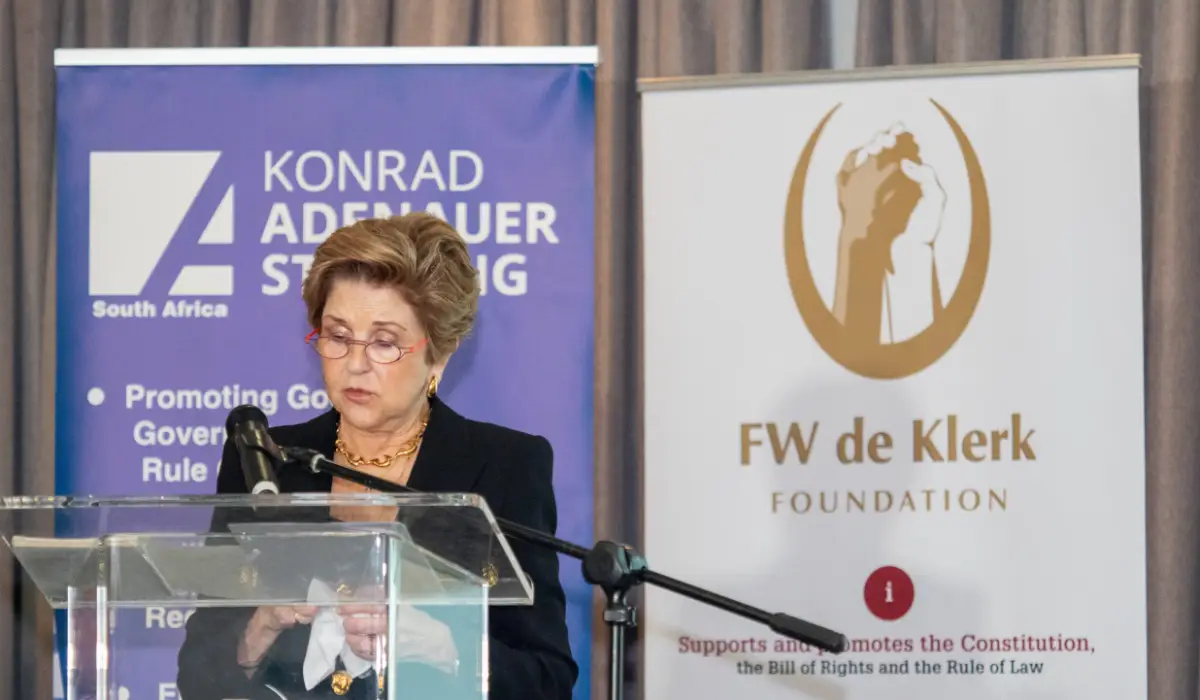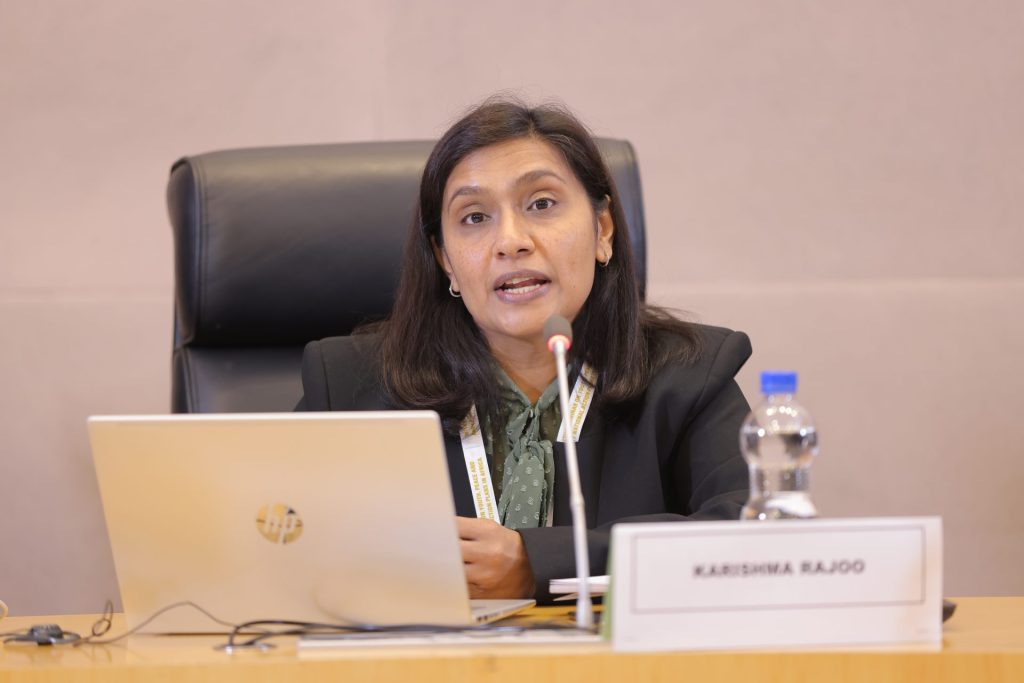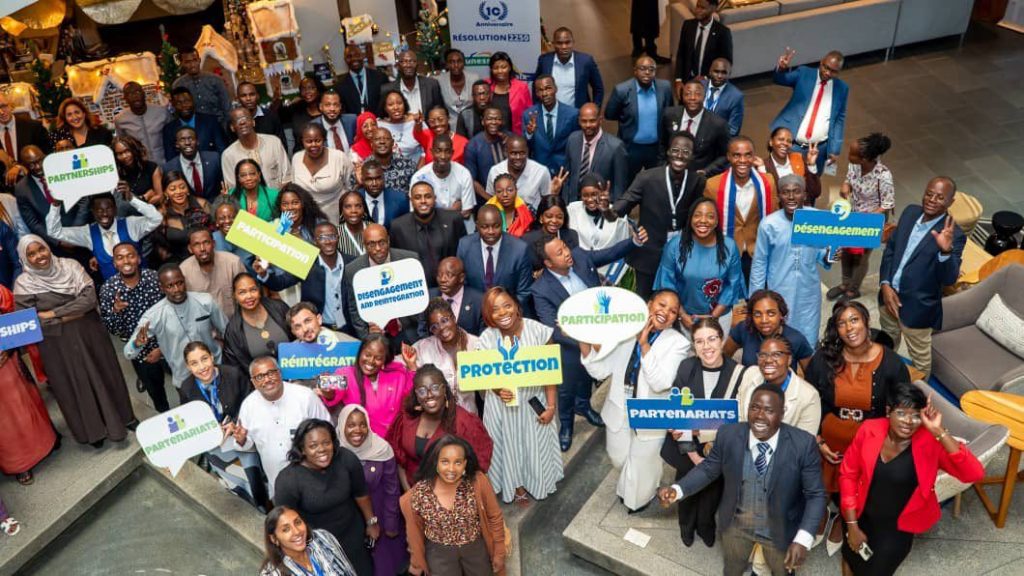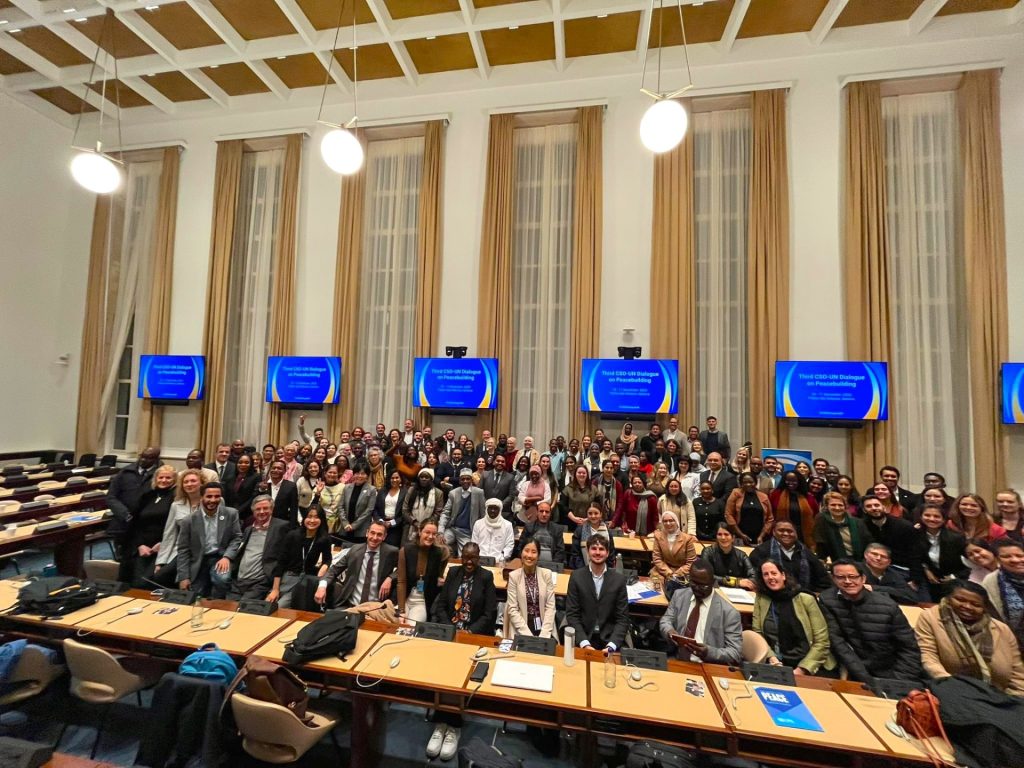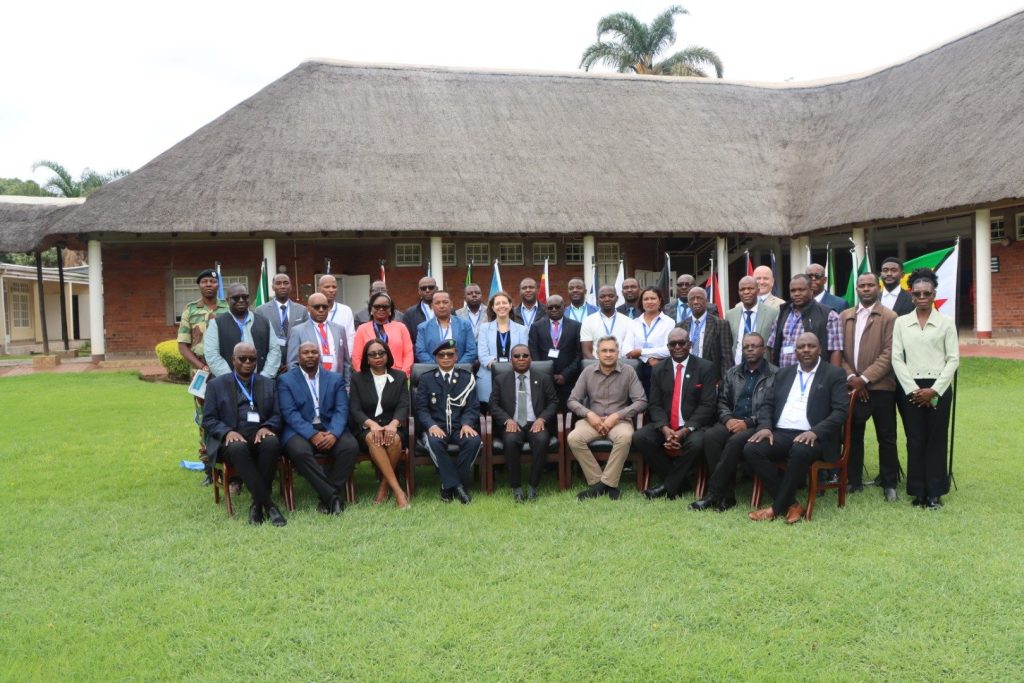On Friday, 12 July 2024, ACCORD attended the F.W. de Klerk Foundation’s Conference on the Coalition Government in Johannesburg. The Conference convened experts to a high-level discussion under the theme “Coalition Government: The Opportunities & Challenges Faced In Making Our Constitutional Democracy A Reality For All South Africans”. Esteemed speakers included Prof JJ Tabane, Dr Mpofu-Walsh, Mr Christo van der Rheede, Prof Chris Landsberg, Prof William Gumede and Prof Dirk Kotze, who provided various strategies for effective coalition governance to make the Constitution a lived reality for all South Africans in the context of the newly formed Government of National Unity (GNU).
Dr Sizwe Mpofu-Walsh, Lecturer at the Department of International Relations, Witwatersrand University, spoke on “Voter Dynamics Facing the Coalition Government: Understanding the 2024 Election Results”. Dr Mpofu Walsh argued that while the African National Congress (ANC) had lost the election by dipping below 40% of the vote, the ANC had won the negotiations because it obtained all key positions such as President, Deputy President and Speaker of Parliament. However, he raised concerns about the disappointing voter turnout of 58%, which is the lowest ever in the democratic general elections.
Prof William Gumede, Chair of the Multi-Party Charter For South Africa, spoke on the theme “Domestic Dynamics Facing the Coalition Government: Understanding the Impact of Internal Politics”. He applauded the diversity depicted in the GNU, and highlighted the need to involve civil society and the business sector in the GNU to consolidate a true social compact. Prof Dirk Kotze, Professor at the University of South Africa (UNISA), presented on “The Opportunities Faced by the Coalition Government in Making the Constitution a Lived Reality for all South Africans”. He explained the GNU in relation to the Constitution, stating that this coalition should be consensus seeking, involving both the executive and parliament, and fostering collective responsibility and accountability.
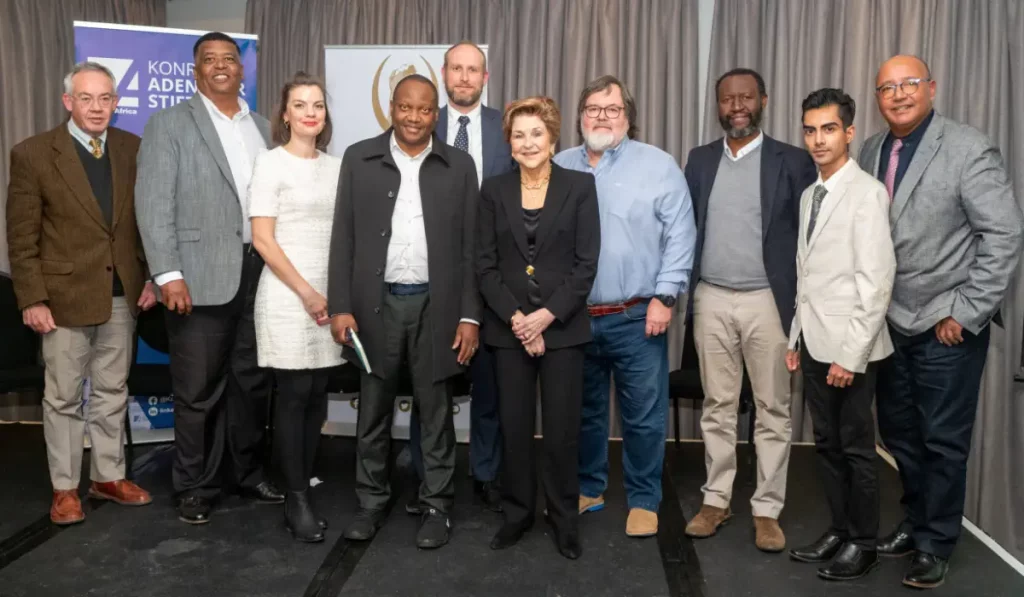
Ms Busisiwe Mavuso, CEO of Business Leadership South Africa (BLSA), shed light on the economic dynamics facing the GNU. Ms Mavuso explained that the country’s image matters to the global market economy and investors, as political developments have a direct impact on economics. She asserted that the markets responded positively to the GNU formation and further recommended the need for the GNU to focus on dealing decisively with corruption and building a capable state that will instil confidence in the global market economy.
Prof Chris Landsberg, South African National NRF Chair: African Diplomacy and Foreign Policy, University of Johannesburg, highlighted the foreign policy impacts and international dynamics relating to the GNU. He encouraged the current GNU to focus on South Africa’s national interests, professionalising the public service and diplomatic corp, and advancing the African agenda on the global stage. Prof Landsberg recommended that the GNU maintain the country’s stance of non-alignment, that the Democratic Alliance assist with easing tensions between South Africa and the West. He also made clear that the USA would have a key role to play in the country’s foreign policy success under the GNU.Attending the Conference feeds into ACCORD’s continued monitoring of coalition-related developments and stakeholder engagements as part of the Project, ‘Contributing Towards Sustainable Coalitions at Local Government Level in South Africa’, flowing from a recent seminar that ACCORD hosted on coalitions. The Project is supported by the Embassy of Ireland to South Africa, and includes research and capacity-building components to contribute knowledge and conflict resolution skills to make coalitions more sustainable. This aligns with one of ACCORD’s strategic objectives to contribute evidence-based analysis, policy support and knowledge to respond to complex conflicts.

